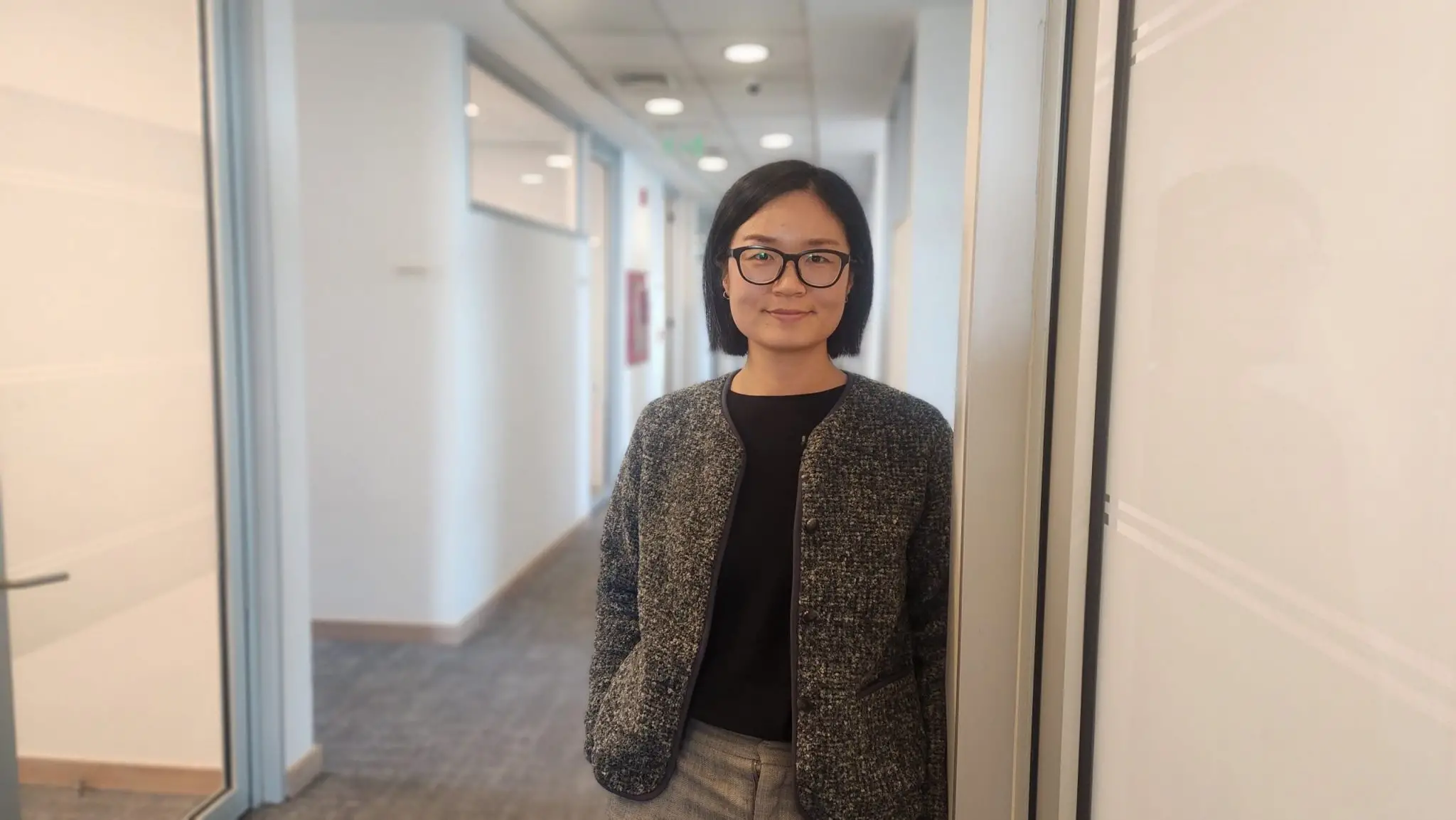Wei Xiong, an academic at the School of Economics and Business at Universidad de los Andes, proposes the creation of a healthcare system similar to that of Singapore, combining a strong public system - which covers the basic medical needs of all citizens - with a private system, which offers more comfortable options for those who wish to pay for additional service.
Wei Xiong, an academic at the School of Economics and Business Administration, of the Universidad de los Andes, is researching the industrial organization of health care markets in Chile. Her work seeks to understand how these markets are structured, especially in relation to clinics and isapres, and how they could be optimized to improve the equity and efficiency of the system.
Her research originated from her interest in healthcare systems, as, in her native country, China, a public healthcare system predominates, with the common challenges of this type of system, such as inefficient management in hospitals and long waiting lists. "The private healthcare system in my country is very limited, due to strict regulation, as there is a fear that an excessive private system could generate high costs and inequality, as is the case in the United States," the researcher explains.
Upon arriving in Chile, Wei observed with interest how our country combines both worlds in the health area: public and private. Using data from the isapres system in Chile to support his research, she looked at price differences between clinics and how these affect people's access to health care. "There are patterns and trends in the transactions between health insurance companies and clinics. There is a great disparity in prices among private clinics for the same services; some charge three times more than others for the same service," explains the professor of the Faculty.
In her analysis, Wei Xiong raises a critique of the common debate on efficiency versus equity in healthcare. "While some argue that to achieve more efficiency it is necessary to sacrifice equity, there are still major inefficiencies within the system that could be corrected without sacrificing fairness in access. An efficient health system is one that allocates resources appropriately, prioritizing those who need them most, without neglecting other sectors of the population," he explains.
One of the proposals that Wei suggests is for Chile's healthcare system to be similar to Singapore's, which combines a strong public system - covering the basic medical needs of all citizens - with a private system, offering more comfortable options for those willing to pay for additional service. In this model, the public system should be financed through taxes and contributions, while the private sector could offer more personalized services, such as private rooms in hospitals to those who can afford it.
If you want to listen to the podcast with this interview, click here.


